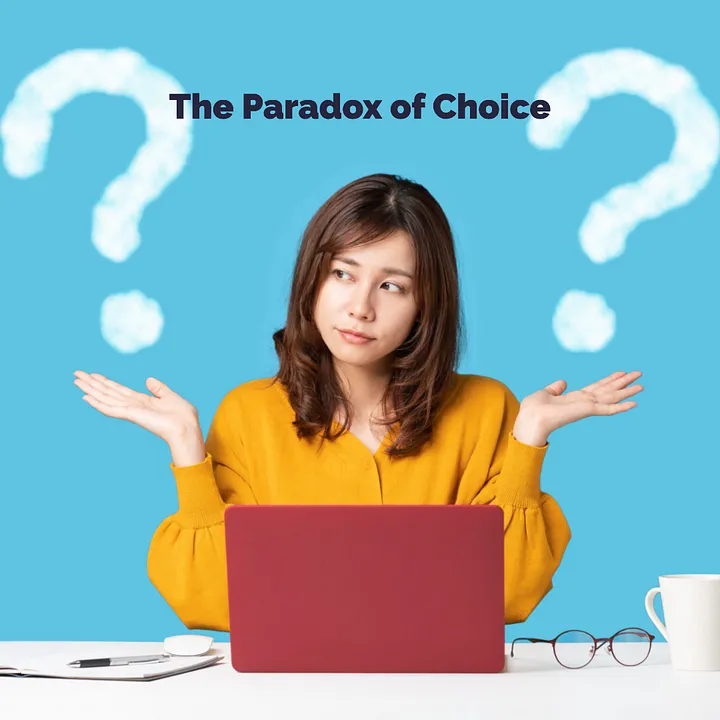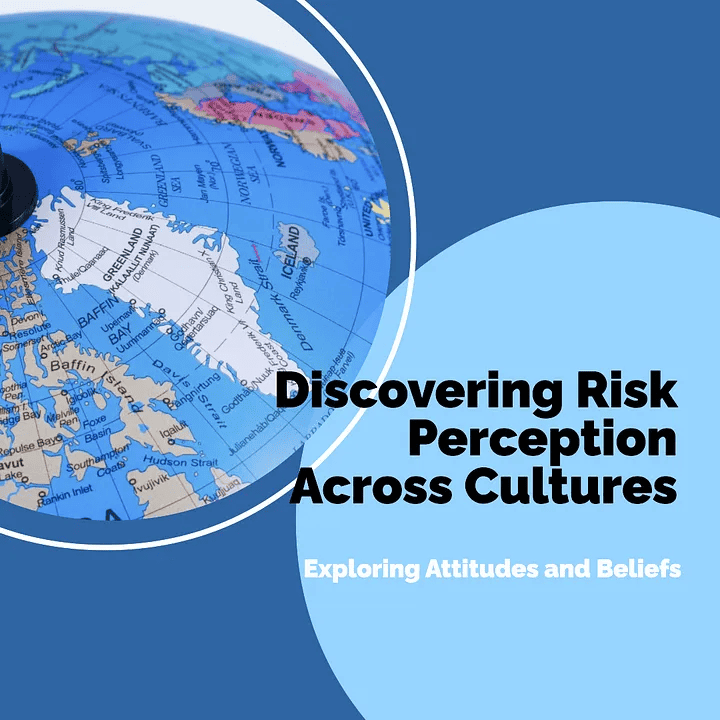The paradox of choice is a phenomenon that occurs when people are faced with too many options to choose from, which can lead to negative consequences such as anxiety, dissatisfaction, regret, and even paralysis.
In this article, we’ll explore how the paradox of choice can affect our risk profile, which is the level of risk we are willing to take or tolerate in different situations.
One of the main effects of the paradox is that it can increase our risk aversion, which is the tendency to prefer a safer outcome over a risky one, even if the expected value of the risky outcome is higher. This is because having too many options can make us more aware of the opportunity costs of our decisions, which are the benefits we give up by choosing one option over another. For example, we have to choose between different investment plans. In that case, we might feel overwhelmed by the trade-offs and uncertainties involved in each option and choose the safest one, even if it has a lower return than others.

Another effect is that it can increase our risk perception, which is the subjective assessment of the likelihood and severity of a negative outcome. This is because having too many options can make us more prone to cognitive biases, such as the availability heuristic, which is the tendency to judge the probability of an event based on how easily we can recall examples of it. For example, we have to choose between different health insurance plans. In that case, we might be influenced by the vivid stories of people who suffered from rare diseases or accidents, overestimate the likelihood and severity of these events, and ultimately choose the most expensive and comprehensive plan, even if it’s unnecessary for our situation.
The paradox of choice, the action we take in response to a risky situation, can also affect our risk behaviour. This is because having too many options can make us more susceptible to emotional factors, such as regret, which is the feeling of sadness or disappointment over a decision that turns out to be worse than another one. For example, we have to choose between different vacation destinations. In that case, we might feel anxious about missing out on the experiences and opportunities offered by the other options and end up choosing the one that is most popular or recommended by others, even if it’s not the best fit for our preferences and budget.
Final Thoughts
The paradox of choice can increase our risk profile by making us more risk-averse, risk-wise, and risk-conforming. This can negatively affect our well-being, happiness, and performance, as we might miss out on the benefits of taking calculated risks, exploring new possibilities, and expressing our individuality. Therefore, it’s essential to be aware of the paradox and its effects and to adopt strategies to cope with it, such as limiting our options, simplifying our criteria, and trusting our intuition.



